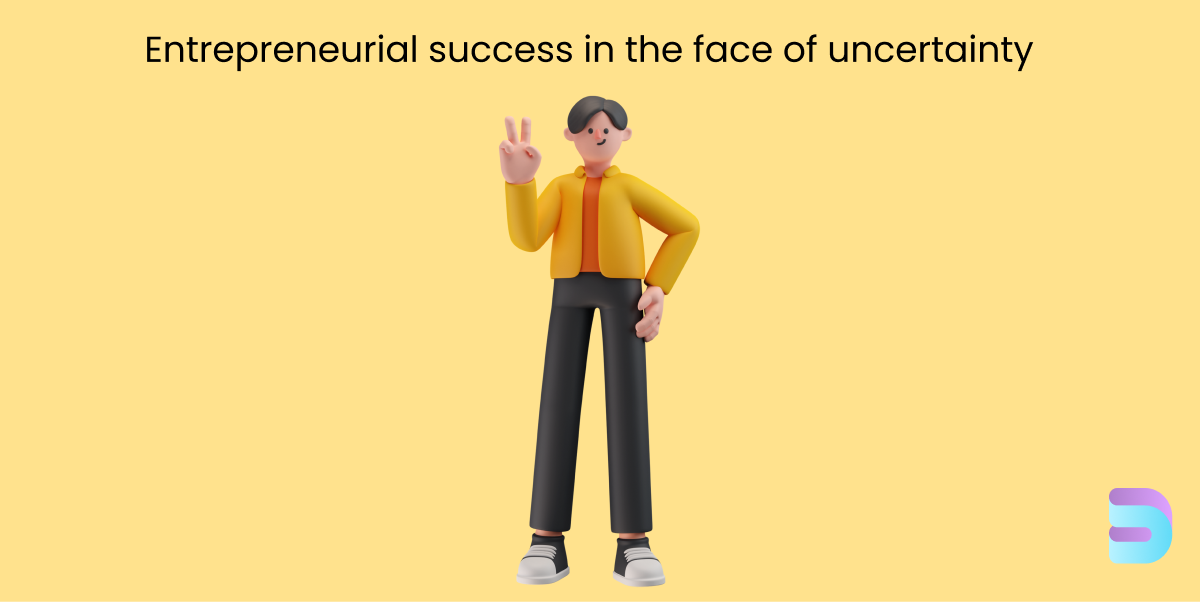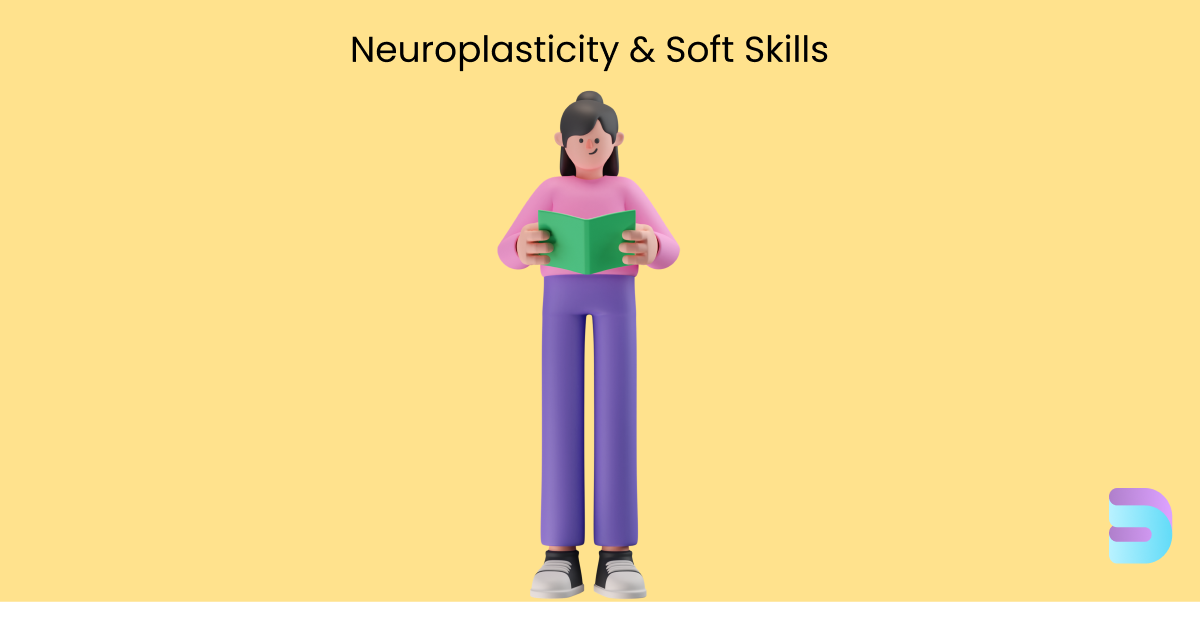Developing Mission-Critical Power Skills for the 21st Century
Power skills are at the heart of our rapidly changing world. Also commonly known as “soft” skills or human skills, the term was coined by management consulting firms. According to Deloitte, by 2030, 2/3 of all jobs will be power-skill intensive. This paradigm shift makes power skills more relevant than ever.
Power skills are connected to employee wellness and employee performance. Studies show that a 10% increase in power-skill development leads to a 2.58-time increase in net income per worker per year. But despite the importance of these skills, many employers lack the resources needed for 1:1 coaching. The failure to meet this key requirement for power-skill development inevitably leads to an ever-growing skills gap. This, in turn, has the compounding effect of creating more stressful work environments, accentuating mental health issues and feelings of inadequacy.
With a bachelor’s degree in psychology and communications from St. Lawrence University and a master’s degree in strategic management and talent development from Pace University, I have researched ways to unleash an individual’s inner genius. I have dedicated myself to developing others' power skills since a young age. As chief of staff and vice president of client enablement at Aptivio, and previously as head of people and talent development, I have observed firsthand the natural tendency of management teams to overlook power-skill development to deal with more immediate, pressing issues. This is especially true in the fast-paced world of tech start-ups and results in several systemic failures, including inadequate leadership development for newly minted and bright university graduates who don’t have the power skills required to do their jobs well.
Through my experience and research, I have created my taxonomy of power skills. They are particularly relevant to the demands of 21st-century digital literacy and fast-paced, high-pressure work environments.
#1 Deep Collaboration
#2 Stress Management
#3 Structured Communication
#4 Persuasion and Influence
#1 Deep Collaboration: Collaborating to solve complex problems fosters accountability, humility, and self-awareness. This process teaches individuals to bring their best selves and coach and support each other. Because complex problems require diverse perspectives and multiple people to be solved successfully, the ability to collaborate deeply with various people creates a positive and reinforcing feedback loop of quick wins that build the self-confidence to overcome any challenge.
“Alone we can do so little; together we can do so much.” —Helen Keller, American author, activist, and lecturer
“Collaboration is the key to success in almost any endeavor, but it’s especially crucial when it comes to innovation.” —Stephen M. Shapiro, American innovation advisor, and author
#2 Stress Management: In the fast-paced and competitive world of tech start-ups, stress management is essential to unlocking creativity, creating disruption, and achieving success. But all too often, stress becomes a mental and physical prison, with employees and managers struggling to cope with endless demands and challenges. A work environment that fails to support stress management can lead to burnout, reduced productivity, and high turnover. By investing in stress management, employers can unlock their employees’ full potential, increase retention, and drive business success for all stakeholders.
Nearly one-fifth (19%) of US workers rate their mental health as fair or poor. These workers report about four times more unplanned absences due to poor mental health than their counterparts who report good, very good, or excellent mental health.
#3 Structured Communication: Because the internet and social media have a great influence today, next-gen leaders must be skilled at expressing their thoughts and ideas effectively. Structured communication, which includes active listening, confidence, and empathy, plays a vital role in this process. Jordan Peterson, a well-known clinical psychologist and professor of psychology, believes that words can shape our reality. He argues that our use of language can influence our perception of the world, and changing how we speak can lead to positive changes in our lives. Peterson emphasizes the importance of being mindful of the language we use, both internally and externally, and using it to convey truth and meaning to overcome chaos and find meaning in our lives[1]. It is equally important to use language responsibly to avoid any potential manipulation or deception, particularly in political or ideological debates. Teams that communicate effectively may increase their productivity by as much as 25%. By embracing structured communication, leaders can improve their efficiency in conveying their messages and ideas, achieving their goals and objectives more effectively.
Employees' discordant feelings towards each other can create emotional barriers that hinder communication. Effective communication is primarily based on having confidence and being receptive to others' ideas and emotions. We can conserve valuable energy and time by avoiding an adversarial attitude, conforming to social norms, and focusing less on self-promotion.
#4 Persuasion and Influence: Mastering the art of persuasion and influence is essential in a world where everyone is vying for our attention. The ability to persuade and influence others can make a difference in achieving personal and professional goals. Robert Greene, a well-known author and strategist, argues that effective persuasion entails customizing language to interest and involve the audience while considering ethical and responsible practices. Through his works, such as "The Art of Seduction" and "The 48 Laws of Power," Greene highlights the significance of comprehending the audience and strategically using language to attain intended results. Proficiency in persuasion and influence is a valuable power skill that can lead to positive change and success in different fields[2] .
As I wrote my master’s thesis on the conceptualization, development, and execution of the sustainability mindset, I stumbled across the work of Dr. Isabel Rimanoczy. She soon became one of my mentors and professors, and I joined her Working Group on the Sustainability Mindset under the Principles for Responsible Management Education initiative. According to Dr. Rimanoczy, the sustainability mindset involves a deep understanding of our impact on the world and a commitment to take responsibility for our actions to create a more sustainable future. It emphasizes the interconnectedness of everything and values long-term system thinking and planning over short-term gains. This mindset recognizes that we are part of a larger system and that our actions have consequences that can impact the health and well-being of that system. In favor of sustainability agility, I spent countless hours conducting multilevel analysis on the topic with Dr. Ibraiz Tarique, a global expert in talent management and chair of the management department at Pace University.
I have also explored definitions of toxic talent and leadership. Recently, while talking to Guy Mounier, cofounder and CEO of Aptivio, I realized they are just opposite sides of the same coin. Toxic talent is hard to identify, but you’ll recognize it when it’s gone. People who are toxic but talented people possess power skills and use them for the wrong reasons by, for example, manipulating others to do their work and taking credit or sabotaging others for their gain. Life experiences make it easier to detect them, but one thing is for sure: if you make the mistake of hiring them, your company culture and success are at stake. The faster you fire them, the better your chances of recovering from the negative consequences, such as low team spirit, motivation, and accountability.
Developing strong power skills is essential to cultivating a sustainable state of mind. These skills enable individuals to navigate the complexities and interconnectivity of the world while remaining humble, adaptable, self-aware, and open to new ideas. The sustainability mindset is crucial for 21st-century leaders to succeed in today’s dynamic world, where uncertainty is the only certainty. At Aptivio, I have made power-skill assessments the most important part of the hiring process. Even if someone has excellent “hard” skills, I won’t move them forward without power skills to match. I also organize events and workshops on power skills because I expect employees to show their power-skill development and ask their managers to provide feedback during performance reviews. I remember telling Guy some months into the role that I'm like a toxicity radar and am committed to not hiring or keeping any toxic talent in the organization. I want to be able to give my "gift" to the world, other human resources recruiters, and talent developers by helping them create a sustainability mindset at their workplaces and empowering individuals such as freelancers who need power skills to scale their businesses. This goal led me to build my new start-up, Dextego, the only app for power skills development that combines generative AI & web 3 technologies.
Dextego stems from dexterity & ego. Our artificial intelligence coach accelerates the development of mental agility, a prerequisite for thriving in the infinitely complex and interconnected world. With Dextego, power skills training becomes efficient, effective, and enjoyable, empowering individuals to achieve personal and professional goals.
Dextego is developing its first application, which will be released in the second half of 2023. This product will leverage our extensive academic research and Gen Z user interviews. We were recently accepted to the Started Accelerator and look forward to meeting the program’s amazing mentors and exploring the ecosystem in mid-March.
Thank you to my advisors, mentors, fellow founders at Startups.com (Startups.com), and friends who support me on this entrepreneurial journey and are rooting for Dextego. I couldn’t be prouder to have been awarded the prestigious Outstanding Leadership Award by Education 2.0 Conference.
Sign up for our newsletter and beta waiting list. Become a Dexter here.
[1] Peterson, J. B. (2018). 12 Rules for Life: An Antidote to Chaos. Penguin Random House.
[2] Greene, R. (2001). The Art of Seduction. Penguin Books.



